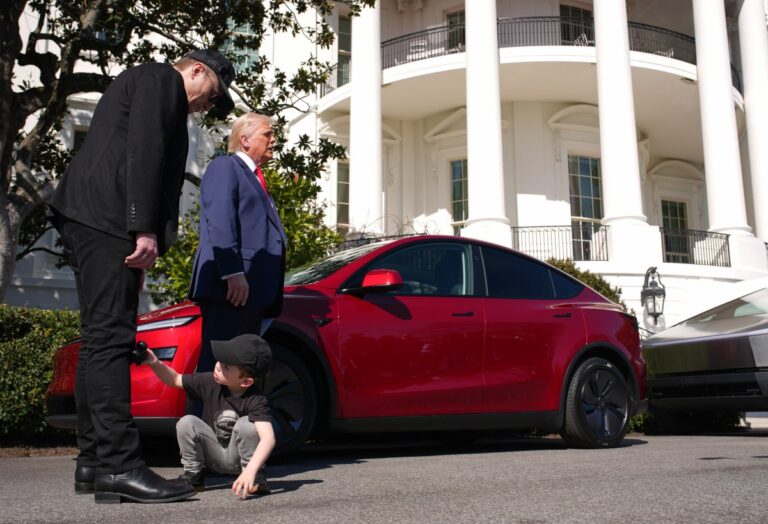Web Summit: Scale AI CEO’s Vision for America to Dominate the AI Landscape Faces Skepticism
In a significant move last month, Scale AI CEO Alexandr Wang took a bold stance by placing a full-page advertisement in The Washington Post, urging President Trump that “America must win the AI war.” This statement has ignited a debate in the tech community, especially regarding the implications of artificial intelligence on national security.
Reactions to Wang’s Statement at Web Summit Qatar
During his appearance at the opening night of Web Summit Qatar, Wang’s opinion drew mixed reactions from the audience. In a poll conducted by his interviewer, Felix Salmon, only two attendees agreed with his assertion, while an overwhelming number disagreed.
Defending the Perspective on AI and National Security
When asked to elaborate on his viewpoint, Wang emphasized the transformational impact of AI on national security. Drawing from his upbringing in Los Alamos, New Mexico—the birthplace of the atomic bomb—he highlighted his background, noting that both of his parents were physicists at the National Lab.
Wang perceives the current landscape as a competitive race between the United States and China. He expressed concern that advancements in AI might enable China to surpass the military capabilities of Western nations, which prompted his full-page advertisement.
The Military Implications of AI Development
Wang’s perspective aligns with emerging sentiments from defense tech startups and venture capitalists advocating for greater autonomy in AI weapon systems. Key points include:
- Concerns that China may deploy fully autonomous AI weapons.
- The U.S. military’s requirements for human oversight in weapon deployment could hinder its response capabilities.
Wang also argued that the competition for baseline Large Language Models (LLMs) will primarily be between the U.S. and China, sidelining other competitors like Mistral from France. He posited that U.S. models promote free speech, while their Chinese counterparts reflect the values of a communist society.
Concerns Over Chinese AI Models
Indeed, researchers have identified significant censorship ingrained in many popular Chinese LLMs. Additionally, fears surrounding potential government backdoors for data collection further complicate the trustworthiness of these models.
Scale AI’s New Partnership with Qatar
Wang’s concerns about government influence in AI come at a pivotal moment, coinciding with Scale AI’s announcement of a new partnership with the Qatar government. The agreement, revealed on Sunday, involves Scale AI developing 50 AI-powered applications across various sectors, including education and healthcare.
Scale AI is recognized for its extensive network of contract workers, often operating internationally to assist in model training. The company collaborates with major industry players, such as Microsoft, OpenAI, and Meta. Its offerings extend beyond model training to include an AI data engine and applications tailored for the defense sector.
Conclusion: The Debate on AI Superpowers
The pro-American rhetoric from Wang likely resonates well with Department of Defense clients. However, discussions at the Web Summit also revealed a growing unease among attendees regarding the implications of the U.S. achieving AI superpower status.







